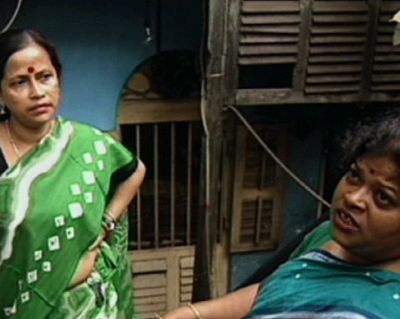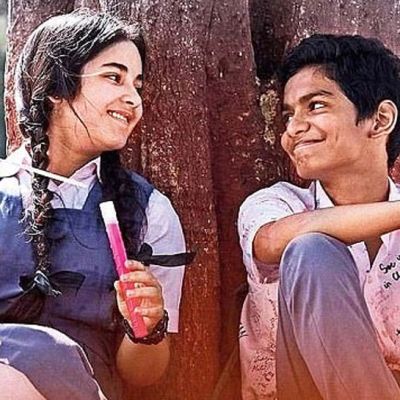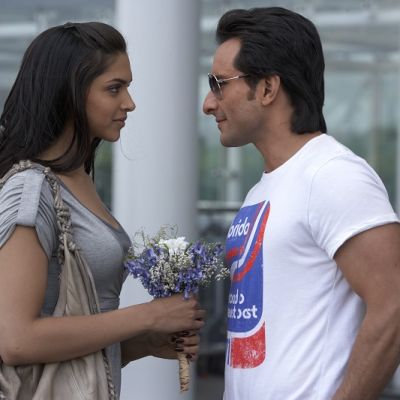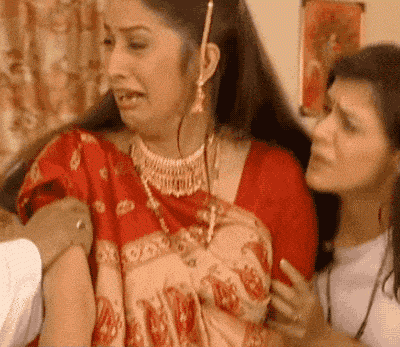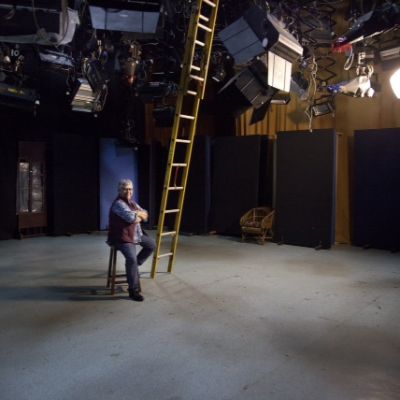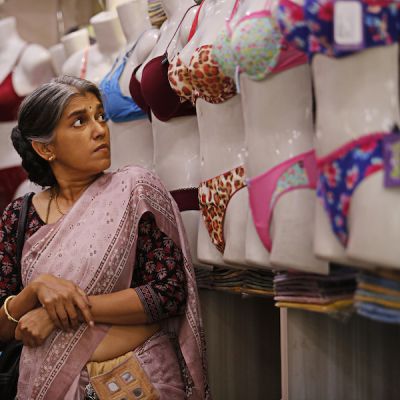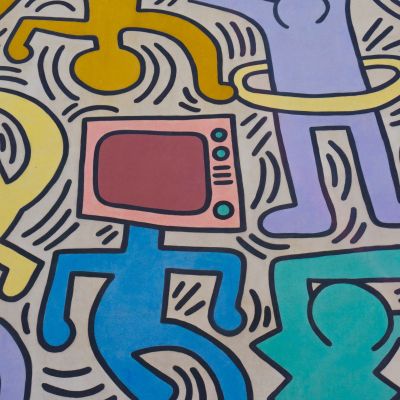Bollywood
Note: Five sex workers – four women and one man – along with the filmmaker/narrator embark on a journey of storytelling. Shohini Ghosh’s Tales of the Night Fairies explores the power of collective organising and resistance while reflecting upon contemporary debates around sex work. The labyrinthine city of Kolkata (Calcutta) forms the backdrop for personal and musical journeys.
Attire and sexuality in the common imagination and approach as represented (and also as received) by the mainstream media tell us a lot about prevailing attitudes to both. Advertisements bombard us with all kinds of representations, negative and positive, of human sexuality, sexual expression and desire. In the creation and marketing of attire and fashion, there is a great awareness of sexual buy-in or rejection by the market – that’s us.
What does Tanu Weds Manu Returns (2015) have in common with Perumal Murugan’s controversial book, One Part Woman (2013)? Stories on emasculation…
Several recent mainstream Hindi films have dealt with issues of sexuality and gender not usually discussed in the intended audience’s drawing rooms.
Despite the progress made, Hindi cinema still faces challenges in accurately representing the diversity of LGBTQ+ experiences. Critiques have been raised regarding the tendency to prioritize cisgender, upper-class narratives.
Watch some popular Bollywood music videos about separated lovers across the decades.
Sexuality is taboo in our context, and expressions of it publicly or even in the home setting outside the bedroom, especially by those who are not in ‘legitimate’ relationships ‘alarm the modesty’ and are generally considered anti-culture or simply categorised as Western concepts.
Recently, social media was abuzz with Robin Thicke’s “Blurred Lines”, a song and video that sparked many discussions on the…
The discursive power vested in audio-visual media can prove to be emancipatory if it seeks to re-write the scripts of love, to expand it to include various subjectivities, disturb the patriarchal gendered dynamics that it is based on by introducing a story that allows the audience to imagine it in various different ways.
Both fiction and non-fiction are capable of great complexity if the making is in the hands of someone capable and complex. I have always held that good films – fiction, non-fiction or hybrid– emerge not from a familiarity with the subject, though that’s essential – but an understanding of the language of cinema.
Alankrita Shrivastava made her directorial debut with the film ‘Turning 30!!!’ (2011) and has been committed to telling stories about women from a woman’s perspective. Her second and most recent film ‘Lipstick Under My Burkha’ (2016) has received international recognition and is slated to release in India in early 2017.
While pop culture will continue to exist in the mainstream, it also provides us the scope to create alternative narratives and/ or counter-narratives that question, challenge and unpack the existing stereotypes and norms.
As individuals who are now privileged enough to address issues concerning mental and emotional health as compared to our parents and the generations before them, it is still quite disturbing to observe emotional/ psychological violence happening to women at different levels.
I was not simply stuck within the binaries of “same-sex” or “opposite sex,” assuming that any reference to “same-sex” is in itself already revolutionary. But the call to recognise friendship, is a call to recognise so many forms of community that are made invisible by the emphasis within a liberal or conservative framework on “marriage” as the only path to family making.

